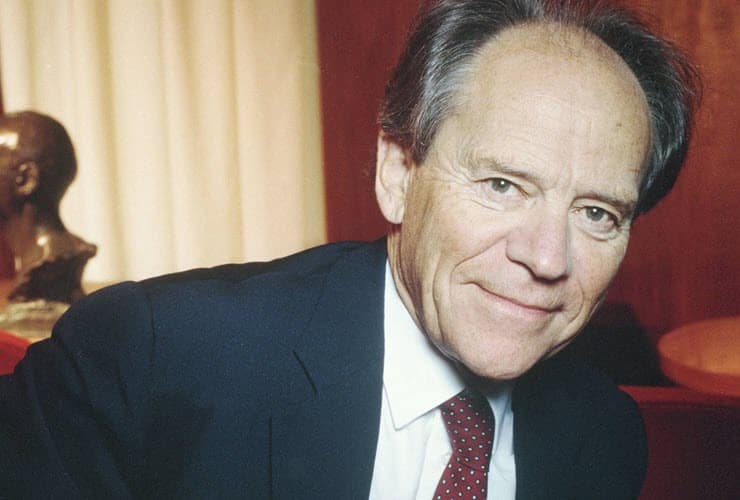Visionary Insights: Exploring the Legacy of Torsten Nils Wiesel in Neuroscience

Torsten Nils Wiesel (born 3 June 1924) is a Swedish neurophysiologist who made significant contributions to the field of neuroscience.
Life and Career
He was born on 3 June 1924, in Uppsala, Sweden. He pursued his undergraduate studies at the University of Stockholm, where he majored in medicine.
During his time at the University of Stockholm, Wiesel’s passion for neuroscience began to emerge. He was captivated by the intricate workings of the human brain and its complexities. Recognizing his exceptional talent and dedication, Wiesel was awarded a Fulbright Scholarship, which allowed him to pursue further studies in the United States.
In 1955, Torsten Wiesel moved to the United States to pursue his Ph.D. at Johns Hopkins University. It was during his time at Johns Hopkins that he met his long-time collaborator and mentor, David H. Hubel. The duo would go on to revolutionize our understanding of visual perception through their groundbreaking research on the visual cortex.
Wiesel and Hubel conducted a series of experiments using cats as subjects, which revealed the existence of specialized cells in the visual cortex that respond to specific visual stimuli. Their findings challenged the prevailing belief that the visual cortex was a passive receiver of information, and instead demonstrated its active role in the processing of visual signals. This discovery earned Wiesel and Hubel the 1981 Nobel Prize in Physiology or Medicine.
Throughout his career, he made significant advancements in our understanding of the brain and its intricate mechanisms. His research focused on unraveling the complexities of sensory processing, particularly in relation to vision.
In addition to his scientific contributions, Torsten Wiesel played a pivotal role in shaping the scientific community. He held various leadership positions, including serving as the President of Rockefeller University from 1991 to 1998. Wiesel was also involved in numerous scientific organizations and advisory boards, where he provided valuable insights and guidance.
Award and Legacy
He received the 1981 Nobel Prize in Physiology or Medicine, with David H. Hubel for their discoveries concerning information processing in the visual system. He also received some other notable awards and honors including the Albert Lasker Award for Basic Medical Research, the National Medal of Science, and the Wolf Prize in Medicine.
His research has laid the foundation for further exploration and understanding of the brain’s complexities, particularly in the field of visual perception. The groundbreaking discoveries made by Wiesel and Hubel have paved the way for advancements in various areas, including neuroscience, ophthalmology, and artificial intelligence.
Observer Voice is the one stop site for National, International news, Sports, Editor’s Choice, Art/culture contents, Quotes and much more. We also cover historical contents. Historical contents includes World History, Indian History, and what happened today. The website also covers Entertainment across the India and World.
Follow Us on Twitter, Instagram, Facebook, & LinkedIn

